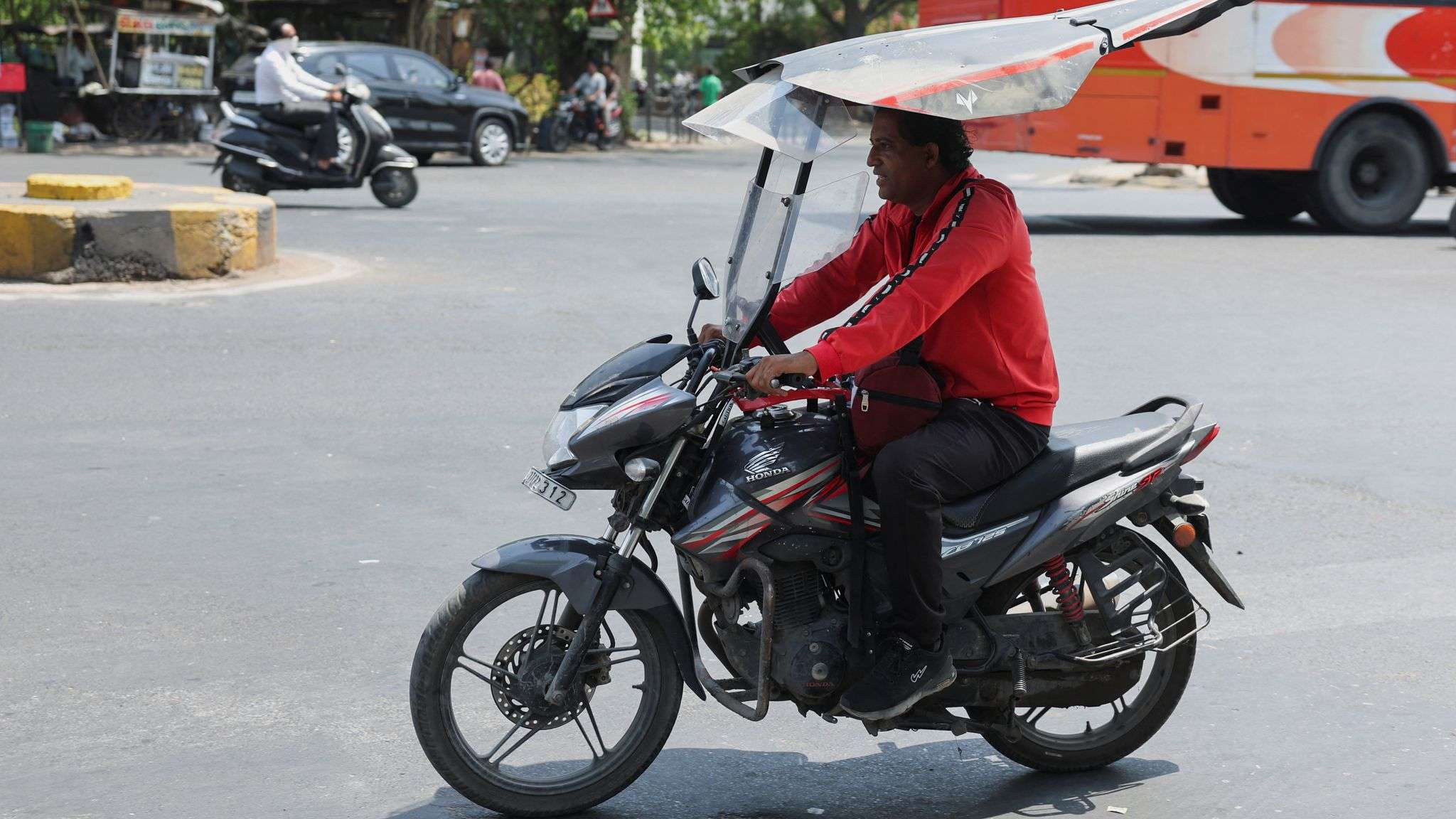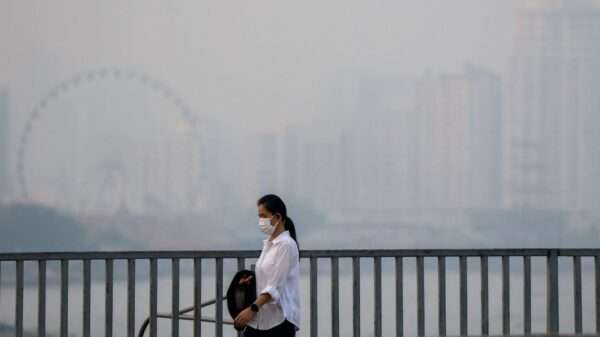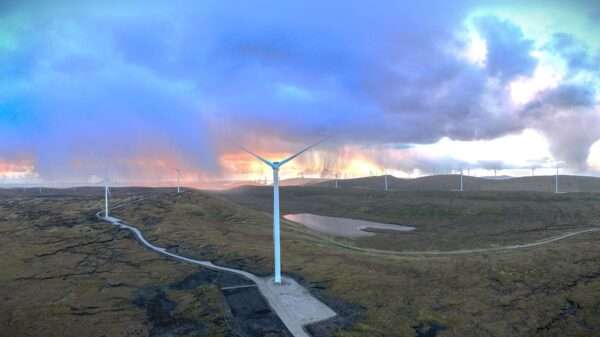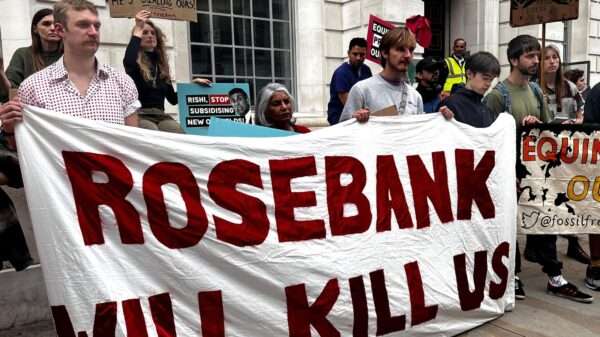India’s capital New Delhi has endured sweltering conditions in a record-breaking heatwave, which has seen temperatures reach as high as 52.3C (126.1F).
The extreme weather has been ongoing for weeks and has been affecting the northwest, central and eastern areas of the country.
The heatwave has now been classed as “severe” – meaning temperatures are at least 6.5C above average.
Pupils in government schools in the eastern state of Bihar have been fainting because of the weather, news agency ANI reported.
One girl could be seen being fanned and sprinkled with water as she lay on a classroom bench in the blistering temperatures.
“Electrolyte imbalance is causing fainting, vomiting, and dizziness,” said Rajnikanth Kumar, a doctor at the hospital treating the students.
India and other parts of South and South East Asia have been grappling with heatwaves since last month – a trend weather attribution scientists say is being intensified by climate change.
Summer temperatures in India, which often peak in May, have also been compounded by fewer than usual monsoon showers, the remnants of the warming El Nino weather pattern and warm westerly winds from Pakistan, according to the India Meteorological Department.
According to weather officials, however, temperatures are likely to ease from Thursday over northwest and central India.
Residents handed out free cold drinks in Delhi’s Narela area on Wednesday, where temperatures had peaked as high as 49.9C on Tuesday.
Meanwhile, local government authorities have set curbs on water supplies, citing a shortage, and imposed a fine of 2,000 rupees (£19) on those wasting water – by washing cars, for example.
The federally-appointed lieutenant governor called for water to be handed out at construction sites and measures to shade workers from the heat, while urging paid time-off from noon to 3pm, when temperatures peak, according to local media reports.
Three deaths were reportedly blamed on heat stroke on Tuesday in Jaipur in India’s western desert state of Rajasthan, taking the toll to four in the city and at least 13 in the state.
Rising temperatures prompted India’s election body to make additional arrangements when Delhi voted in general elections last week, such as posting paramedics at polling stations.
UNICEF India put out guidance on social media with tips on what to do if a child suffers heat stroke, such as immediately bringing them indoors or in the shade, making them lie down with their feet slightly raised and using a fan.

















































